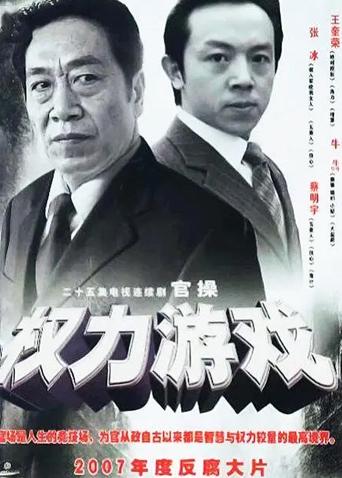剧情简介
这是一部反映公安战线基层派出所民警“对党忠诚、象牙服务人民、象牙执法公正、纪律严明”精神风貌,在最普通岗位上书写英雄凯歌的主旋律影片。影片中绝大部分的情节都是根据真实故事改编。
这是一部反映公安战线基层派出所民警“对党忠诚、象牙服务人民、象牙执法公正、纪律严明”精神风貌,在最普通岗位上书写英雄凯歌的主旋律影片。影片中绝大部分的情节都是根据真实故事改编。


回复 :咪咪(克里蒂·萨农饰)是个身材健美、面容娇好的舞者,最大的梦想就是去孟买当明星,无奈囊中羞涩,无法成行。这时一对美国夫妇来到印度求人代孕,在一个善良但贪婪的出租车司机巴努(潘卡·特里帕蒂饰)的百般撺掇下,米米成了一个代孕妈妈。待到胎儿一天天长大,医生突如其来的诊断改变了所有人的一生,美国夫妇背约而去,面对着现实和伦理困境的咪咪和巴努将何去何从呢?
回复 :
回复 :遍野废墟,末世凄凉。男主人公(达沃斯·哈内赤 Davos Hanich饰)成为核战爆发后少数存活下来的人类。他幼年时梦中总是目睹一名陌生男子的死亡,这也使得他成为了时光旅行的实验品。他被送往核战爆发前夕的过去,他在堤岸上遇见一位女子(海伦·夏特兰 Hélène Chatelain饰),并且爱上了她。当实验快结束时,他又要被送往躲过浩劫的未来。但是他拒绝了这个机会,势要与自己心爱的女子在一起。然而到最后,他才恍然发现,幼年时常梦见的死亡,原来正是自己。这部由新浪潮左岸派代表人物克里斯·马克执导编剧的科幻先锋派短片《堤》,是科幻片历史中的一座里程碑。全片用完全静止的画面,模拟人类对往事的印象,讲述一个世界末日后的故事。简洁有力的音效氛围,流畅凝练的剪辑镜头,配上如诗如梦的旁白语言,一段梦中破碎的记忆被描画得触目惊心。